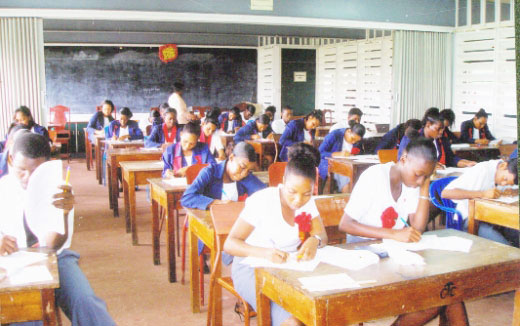Countries across the world are currently engaged in a wide-range of reforms in their respective education curricula with a view to better preparing their children for the more demanding educational responsibilities of jobs and of life, generally, in the twenty first century.
What are the skills that will be demanded of the work force in the 21st century, going forward? Perhaps the more relevant question has to do with the competencies that teachers need to effectively teach those skills to their students. What teacher preparation programmes and transformations in teacher training institutions are needed to ready their graduates to take their places in the twenty first century classroom?
The reality is that the world is rapidly becoming a different place. Those changes, whether we like it or not, impose upon individuals and societies challenges and responsibilities that are different, more complex than anything that we have previously seen. Perhaps the biggest challenge for educators in the 21st century has to do with the fact that the routine, rule-based knowledge, which has become relatively easy to teach and to test is also easiest to digitize, automate and outsource. The issue of 21st-century skills is by no means orthogonal to traditional school subjects but, in fact, equally relevant to the latter. Mathematics is as good an example as any. Traditionally mathematics has been taught in an abstract mathematical world, using an approach that is removed from actual contexts, a circumstance which many students find discouraging largely because they do not see the relevance. For example, students are taught the techniques of arithmetic, then given lots of similar equations to solve. In contrast, in the 21st century, students need to have an understanding of the fundamental concepts of mathematics, they need to be able to translate a new situation or problem they face into a form that exposes the relevance of mathematics, make the problem amenable to mathematical treatment, identify and use the relevant mathematical knowledge to solve the problem, and then evaluate the solution in the original problem context. Further, their creativity can be enhanced by devising novel solutions, and even new problems with non-standard solutions.

